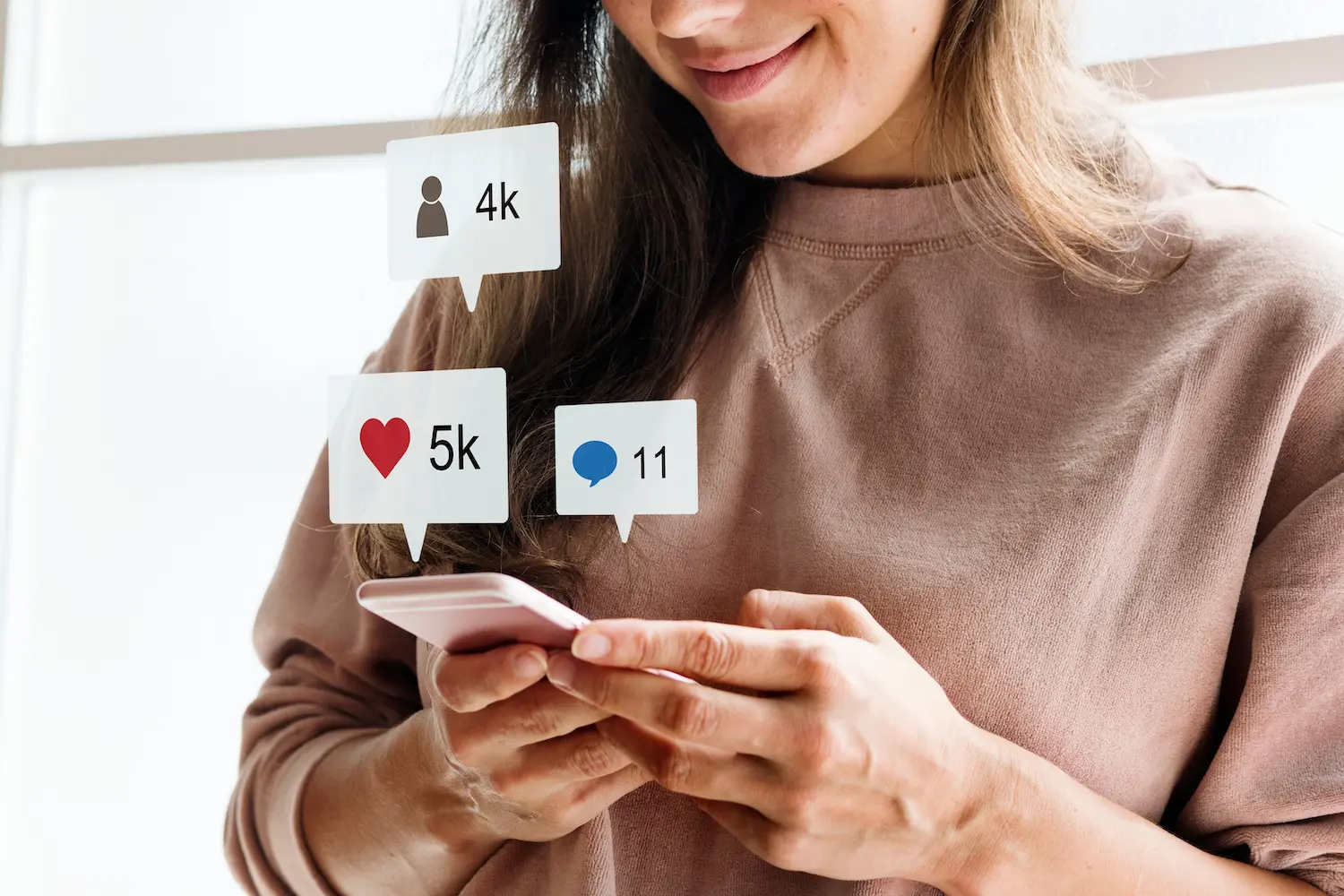
Acts of Concern: Organizations and Social Obligations
“Symbolic acts are all about interpretation; that means they are open to misinterpretation.”
Brice Montgomery
At this point, it’s a universal experience: you open an app, see a national—or international—disaster, and think, “What should I do about this?”
If there were a single-word summary of the 2020s so far, it would probably be “crisis.” You’ve likely noticed by this point, but it feels there’s a “once-in-a-lifetime” disaster every few months—what Lauren Berlant named a kind of “crisis ordinariness” that alters how we respond to these events.
Organizationally, it’s become almost a professional obligation to comment—to have a take.
People organize boycotts when their favorite fast food restaurant seems ambivalent or disengaged in global issues. At the same time, it’s just as common for organizations to be scrutinized when their responses are ill-informed. There’s no universally appropriate public response, but we recommend reflecting on the following three questions when navigating this delicate position:

1. Is it actionable?
Symbolic acts have power—there can be value in issuing statements of solidarity. The problem, however, is that symbolic acts are all about interpretation, and that means they are open to misinterpretation. There’s a reason it feels disingenuous to see Pepsi co-opt protest imagery in a superbowl ad, as expertly parodied by SNL.
Furthermore, we should ask ourselves if there’s a risk in purely symbolic acts that relate to real-world issues. Is awareness inherently valuable? Imagine, for example, a post about a food shortage—on the one hand, making people aware of such an issue is important, but if there’s no material follow-up, all it has done is made hunger an abstraction, and we have no moral obligation to abstractions.
It might sound like a cynical read to suggest that every post needs to have a tangible outcome, but perhaps that’s because we’ve been conditioned to think it’s cynical.

2. Does it say more about you or the issue?
As an extension of the prior point, it’s important to consider why you feel the need to respond. If your organization is directly involved in a particular issue—or associated with it—then it probably is an ethical responsibility. For instance, if you run a food pantry in a community with a great deal of racial tension, you have an opportunity to be meaningfully involved in working to overcome it.
If, however, your goal is to highlight the kind of person or organization you are, you’re likely doing more harm than good. Much has been written about how #BlackoutTuesday was counterproductive, but it’s only obvious through hindsight. In that particular case, the symbolic act of posting a black square drowned out the very real, very material needs.
If you find yourself concerned about what people will think if you don’t publicly take a stance, reflect on why it matters. If issuing a statement is substantially meaningful and relevant, go for it. If not, would anyone actually assume you are on the “wrong side”? If that’s the case, it’s evidence that any statement would be hollow and performative.

3. Is empathy undermining your action?
One of the buzzwords of the decade is “empathy.” There have been countless think pieces, pedagogical models, and programs built around the idea that we need to feel what others feel so that we can help them.
But do we?
In her recent essay, Imperfect Solidarities, Aruna D’Souza writes with concern that empathy has become a barrier to action—a form of self-aggrandizement. If we always need to understand what someone is going through before we help them, we fall into the trap of pity, and we help people only on our own terms. We may imagine needs that fit our worldview and ignore the ones that people actually experience.
I would also argue that the need to “witness” something before acting is dehumanizing. If you are not moved toward action unless you have consumed horrific imagery, the action is ultimately self-serving.
With this in mind, maybe an action that is simple, direct, and responsive may be more helpful than an extensive campaign driven by research or heart-wrenching photos. It’s okay to act where you can.

A Final Recommendation:
We act from limitation—we have only so much time, attention, and resources we can give, but this is a good thing. This should be the starting point for any sort of activism your organization decides to engage in. Your limitations define the rest of your work because you have strategically worked around and through them, so they should also direct your sense of social responsibility. Perhaps you run a small business and can make strategic decisions to support certain suppliers. Similarly, you may not have resources to send to another country in crisis, but maybe there are community members who have immigrated and need to tangibly feel that they are wanted.
Like I said, there’s no easy solution when the stakes are so high, but we would love to help you navigate these difficult waters. If you need some extra communications support or would like coaching on improving your messaging, reach out to us.
